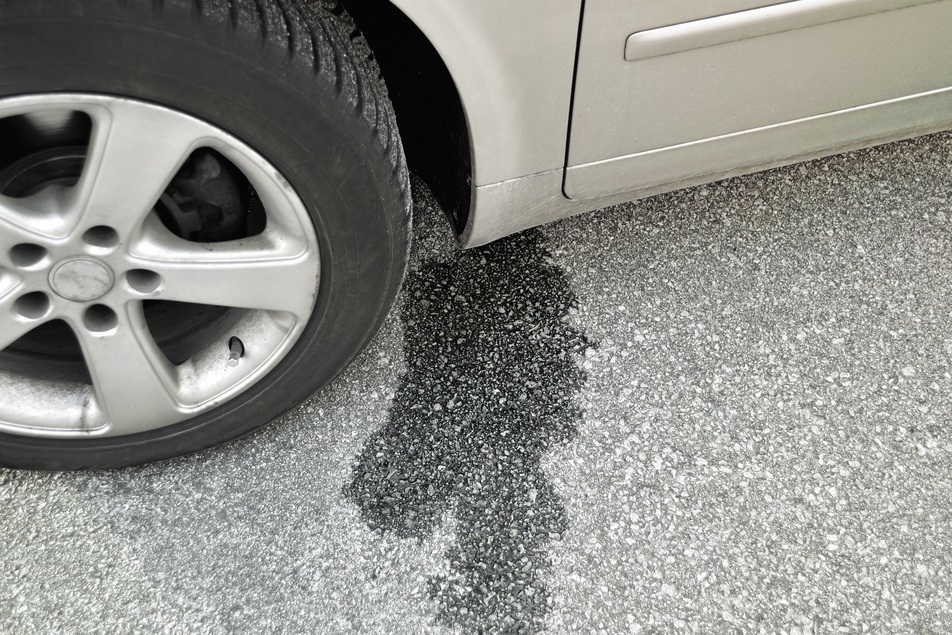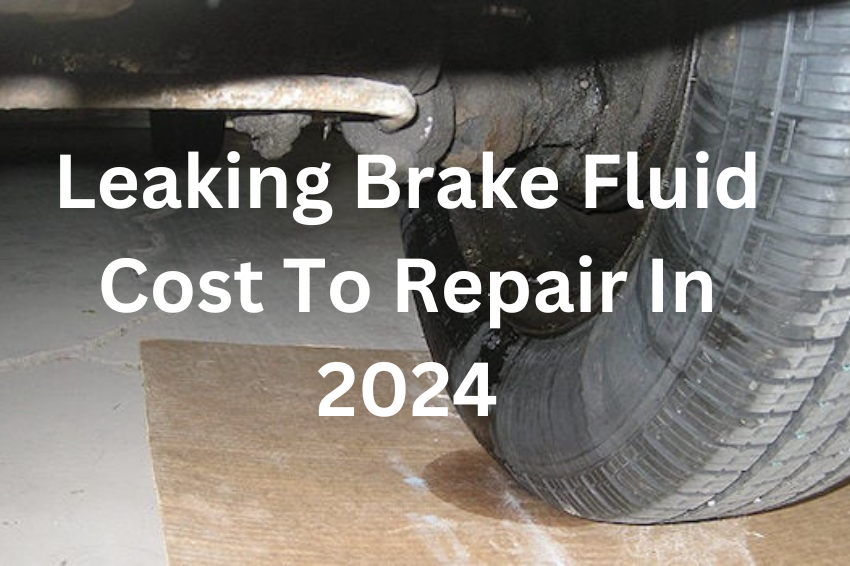A healthy brake system is essential for safe driving, and that relies on proper brake fluid levels.
If you’re facing a leak in your brake fluid line, you’re likely wondering about the repair cost.
This guide provides a clear breakdown of the average cost to fix a leaking brake fluid line in 2024.
We’ll explore the factors that can influence the price, such as your location, vehicle type, and the source of the leak.
Here’s a quick summary:
“Leaking brake fluid repair costs typically range from $150 to $500 but can vary depending on location, vehicle type, leak source, and repair complexity. Warning signs include a spongy brake pedal, increased stopping distance, low brake fluid level, illuminated brake warning light, and unusual noises. Do not drive with a suspected leak. Call a tow truck or have a mobile mechanic diagnose the problem.”
How Much Does It Typically Cost To Fix A Leaking Brake Fluid Line?
On average, fixing a leaking brake fluid line typically falls within the range of $150 to $500.
However, this is just an estimate, and the actual cost can be influenced by a few key things:
- Location: Labor rates for mechanics can differ depending on your city or town. Generally, mechanics in urban areas tend to have higher hourly rates compared to rural areas.
- Vehicle Type: The complexity of your car’s brake system can affect the repair cost. For instance, a simple leak on a compact car’s brake line might be less expensive to fix compared to a leak in a complex braking system on a luxury car or a heavy-duty truck.
- Source of the Leak: The specific component that’s causing the leak will play a role in the parts and labor required for the repair. Some common reasons include the brake line itself, the brake caliper, or the wheel cylinder. Replacing a simple brake line might be more affordable than fixing a malfunctioning caliper.
- Repair Complexity: In some cases, additional repairs might be necessary beyond simply fixing the leak itself. For example, if the leak has caused damage to other parts of your brake system, those components could also need to be replaced, increasing the overall cost.
Are There Any Signs That Indicate A Potential Brake Fluid Leak?

A leak in your brake fluid line can compromise your braking performance and become a safety risk.
While it’s always best to have a mechanic diagnose any brake issues, some warning signs may indicate a potential leak:
1. Spongy Brake Pedal:
A brake pedal that feels soft or mushy when pressed down could be a sign of air or low fluid in the brake system, potentially caused by a leak.
A firm pedal is ideal; if you press down and it goes almost to the floor without much resistance, that’s a cause for concern.
2. Increased Stopping Distance:
If you notice it takes longer than usual to slow down or come to a complete stop, it could be due to a lack of proper brake pressure caused by a leak.
This is a serious warning sign and should be addressed immediately.
3. Low Brake Fluid Level:
Most cars have a brake fluid reservoir with a minimum and maximum fill line.
You can usually check this translucent reservoir yourself under the hood.
If the fluid level is low and there are no recent leaks from other parts of your car (like engine oil), it could indicate a brake fluid leak.
4. Illuminated Brake Warning Light:
Your car’s dashboard has a variety of warning lights, and the brake system is one of the most important.
If your brake warning light comes on, it’s a signal that there’s an issue with the system, potentially including a leak.
5. Unusual Noises:
In some cases, a brake fluid leak might be accompanied by unusual noises when braking, such as grinding or squealing.
These noises could also be caused by other brake problems, but it’s important to have a mechanic check it out.
Can I Drive My Car If I Suspect A Brake Fluid Leak?

No, it’s strongly recommended that you don’t drive your car if you suspect a leak in your brake fluid line.
Your car’s brakes are essential for safe driving, and a brake fluid leak can compromise their ability to function properly.
Here’s why:
Brake fluid is essential for creating hydraulic pressure in your braking system.
When you press down on the brake pedal, that force is transmitted through the brake fluid to slow down and stop your car.
A leak in the system can reduce this pressure, making it harder to brake effectively.
Also, reduced braking power can lead to increased stopping distances.
This means it could take much longer than usual for your car to come to a complete stop, which can be extremely dangerous in emergencies.
Besides, In severe cases, a complete brake failure is a possibility.
If there’s a significant leak and the brake fluid level drops too low, you may lose braking power altogether.
This is a terrifying scenario that can result in an accident.
Even if the leak seems small, it’s important to take it seriously.
Don’t risk your safety or the safety of others on the road.
Here are some safe alternatives:
- Call a tow truck: This is the safest option, especially if you’re experiencing any warning signs like a spongy brake pedal or unusual noises.
- Have your car repaired at home by a mobile mechanic: If the leak seems minor and you can’t get towed, see if a mechanic can come to your location and diagnose the problem.
